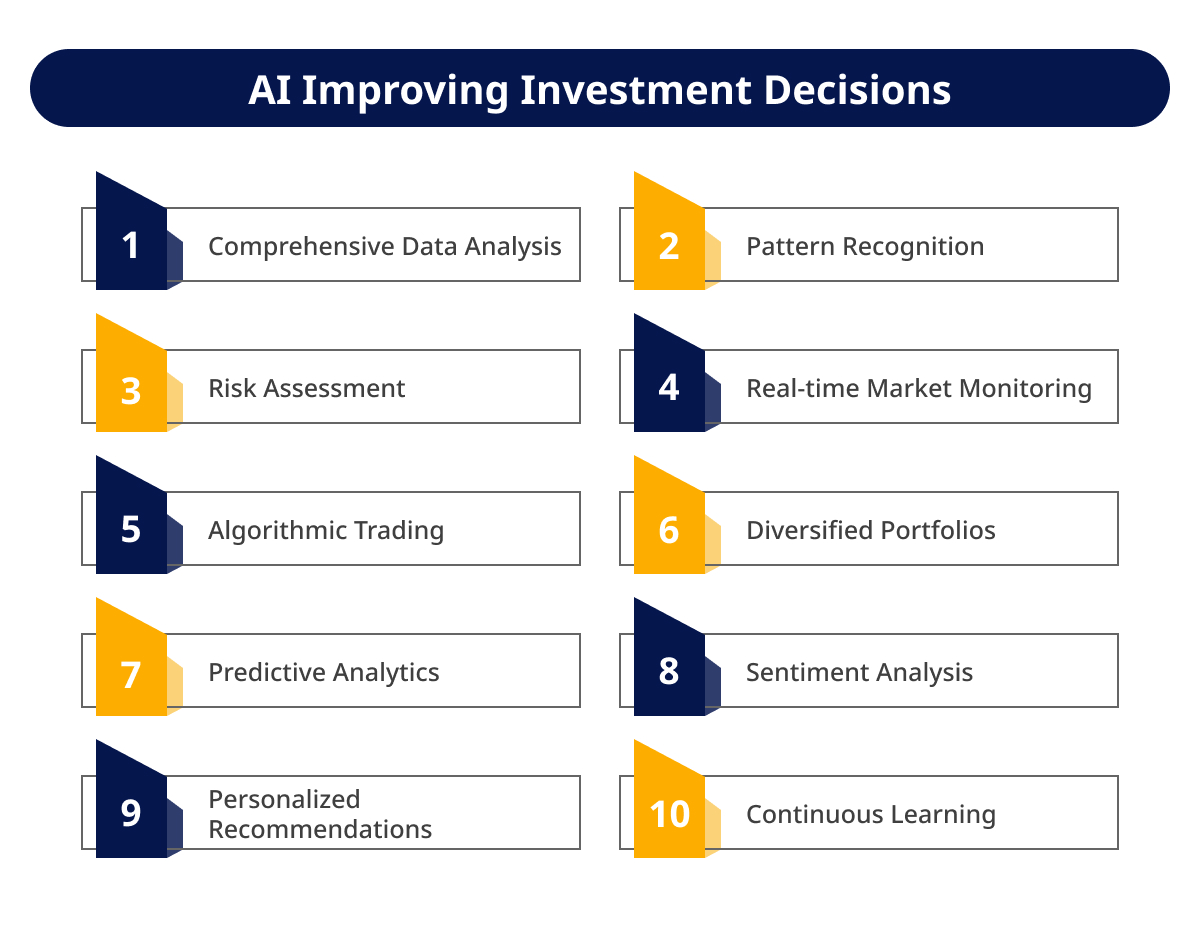 The human mind is a powerful tool that can either propel us towards success or hold us back from reaching our full potential. Our mindset, or the way we think about ourselves and our abilities, plays a crucial role in determining our success in various aspects of life. Developing a growth mindset is essential for fostering a positive attitude towards learning and growth, which can lead to improved performance and overall well-being.
The human mind is a powerful tool that can either propel us towards success or hold us back from reaching our full potential. Our mindset, or the way we think about ourselves and our abilities, plays a crucial role in determining our success in various aspects of life. Developing a growth mindset is essential for fostering a positive attitude towards learning and growth, which can lead to improved performance and overall well-being. What is a Mindset?
What is a Mindset?A mindset is a set of beliefs or attitudes that shape how we perceive ourselves and the world around us. Psychologist Carol Dweck introduced the concept of mindset in her groundbreaking research on the subject. She identified two main types of mindsets: a fixed mindset and a growth mindset.
Fixed Mindset
Individuals with a fixed mindset believe that their abilities and intelligence are static and cannot be changed. They see challenges as threats to their self-worth and avoid taking risks or trying new things for fear of failure. People with a fixed mindset often feel discouraged by setbacks and may give up easily when faced with difficult tasks.
Growth Mindset
On the other hand, individuals with a growth mindset believe that their abilities can be developed through effort, perseverance, and learning. They see challenges as opportunities for growth and are willing to take risks and try new things to improve their skills. People with a growth mindset are more resilient in the face of setbacks and are more likely to persevere in achieving their goals.
Benefits of Developing a Growth Mindset
Cultivating a growth mindset can have numerous benefits in various areas of life, including academics, career, relationships, and personal development. Here are some of the key benefits of developing a growth mindset:
- Increased Resilience: A growth mindset allows individuals to bounce back from setbacks and failures more easily, as they see challenges as opportunities for learning and growth. This resilience can help them overcome obstacles and achieve their goals despite setbacks.
- Improved Performance: People with a growth mindset tend to perform better in academic and professional settings, as they are more willing to put in effort and seek feedback to improve their skills. They are also more likely to persist in the face of challenges and setbacks, leading to greater success in their endeavors.
- Greater Motivation: Individuals with a growth mindset are driven by a desire to learn and grow, rather than by a fear of failure or a need to prove themselves. This intrinsic motivation can fuel their efforts and help them stay committed to their goals in the long run.
- Enhanced Problem-Solving Skills: A growth mindset enables individuals to approach problems with a positive attitude and an open mind, leading to creative and effective solutions. They are more likely to seek alternative strategies and try new approaches to overcome challenges.
- Stronger Relationships: People with a growth mindset are more open to feedback and constructive criticism, which can strengthen their relationships with others. They are willing to learn from their mistakes and take responsibility for their actions, leading to better communication and collaboration with others.
Strategies for Developing a Growth Mindset
Developing a growth mindset is a gradual process that requires self-awareness, effort, and practice. Here are some strategies that can help you cultivate a growth mindset and reap the benefits of a positive attitude towards learning and growth:
- Embrace Challenges: Instead of avoiding challenges or giving up at the first sign of difficulty, embrace them as opportunities for growth and learning. Take on tasks that push you out of your comfort zone and encourage you to develop new skills and abilities.
- View Effort as the Path to Mastery: Instead of believing that your abilities are fixed, see effort and perseverance as the keys to mastering new skills and achieving your goals. Be willing to put in the work and seek feedback to improve your performance over time.
- Learn from Failure: Instead of seeing failure as a reflection of your abilities or intelligence, View sitemap it as a valuable learning experience that can help you grow and improve. Analyze what went wrong, identify areas for improvement, and use the feedback to adjust your approach in the future.
- Seek Feedback and Support: Surround yourself with people who believe in your potential and are willing to provide constructive feedback and support. Be open to criticism and use it as an opportunity to learn and grow, rather than as a threat to your self-esteem.
- Cultivate a Positive Attitude: Develop a mindset of positivity and optimism that allows you to see the silver lining in difficult situations and maintain a sense of hope and resilience. Practice gratitude and mindfulness to stay grounded and focused on your goals.
- Set Goals and Track Progress: Establish clear and achievable goals that challenge you to grow and improve, and track your progress over time to monitor your development. Celebrate your successes and reflect on your setbacks to learn from them and adjust your approach as needed.
Conclusion
 In conclusion, developing a growth mindset is essential for fostering a positive attitude towards learning and growth, which can lead to improved performance and overall well-being. By embracing challenges, viewing effort as the path to mastery, learning from failure, seeking feedback and support, cultivating a positive attitude, and setting goals and tracking progress, you can cultivate a growth mindset and reap the benefits of a positive attitude towards learning and growth. Remember that developing a growth mindset is a lifelong journey that requires self-awareness, effort, and practice, but the rewards of personal growth and success are well worth the effort. Start cultivating a growth mindset today and unlock your full potential for success and fulfillment in all areas of your life.
In conclusion, developing a growth mindset is essential for fostering a positive attitude towards learning and growth, which can lead to improved performance and overall well-being. By embracing challenges, viewing effort as the path to mastery, learning from failure, seeking feedback and support, cultivating a positive attitude, and setting goals and tracking progress, you can cultivate a growth mindset and reap the benefits of a positive attitude towards learning and growth. Remember that developing a growth mindset is a lifelong journey that requires self-awareness, effort, and practice, but the rewards of personal growth and success are well worth the effort. Start cultivating a growth mindset today and unlock your full potential for success and fulfillment in all areas of your life.


